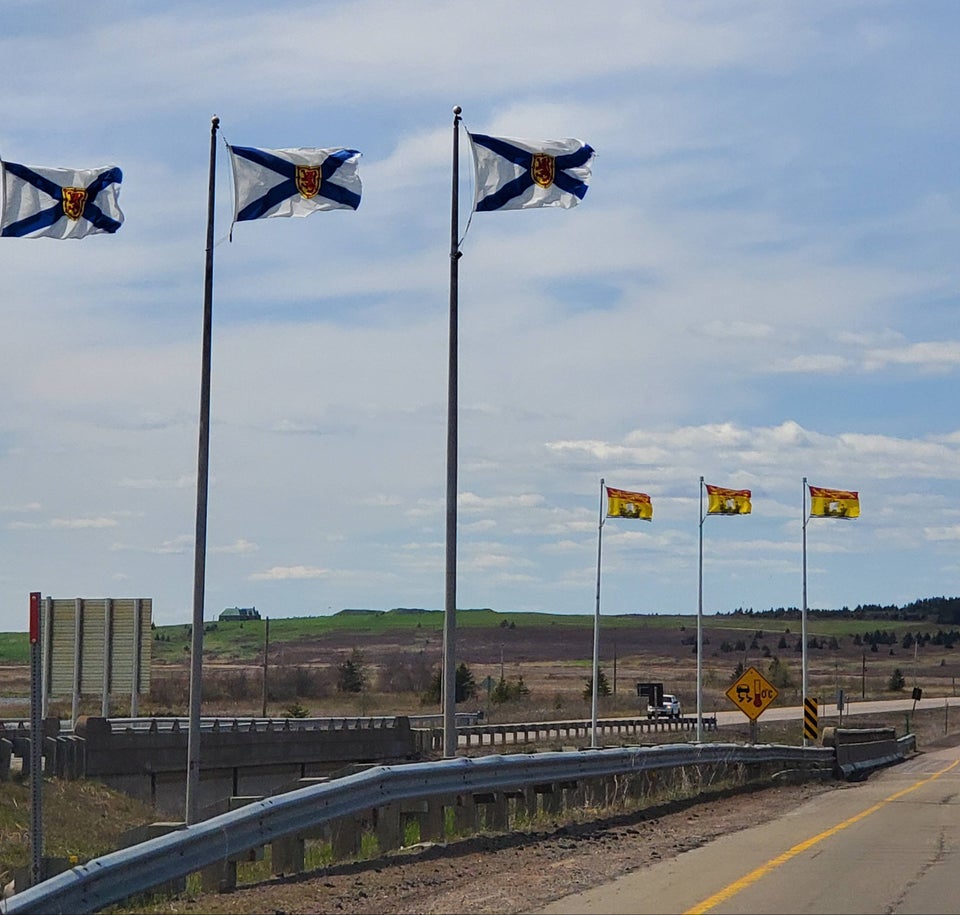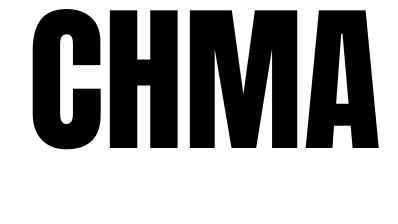
New Brunswick has left the Atlantic Bubble.
Premier Blaine Higgs made the announcement at a news conference Thursday afternoon.
“At this point, community transmission has not been confirmed here, said Higgs, “but the threat is real… So taking swift action right now is important. And that’s why effective of midnight tonight we’re resorting back to our original 14 days isolation for anyone from anywhere traveling into New Brunswick.”
Higgs said that this does not mean the reinstatement of the checkpoint at the Aulac border.
“We aren’t going to put up checkpoints,” said Higgs. “We’re asking for registration, so we know people are coming and going.”
“We know there’s a lot of essential travel that moves back and forth,” he said. “We understand all that and so we’re not going to impact that routine, work-related and essential travel activity.”
Higgs says that instead of reinstating border checkpoints, the government is, “putting our efforts into surveillance in the communities.”
We will be looking for outside cars and and people traveling,” said Higgs. “We’ll want to know that they’re registered, and that they have a valid justification for for being in the province.”
FREDERICTON JOINS THE ORANGE CLUB
The other big announcement at yesterday’s news conference was the move to Orange Level restrictions for the Fredericton region.
Chief Medical Office of Health Jennifer Russell said explained the move was due to the “course that the virus is taking in this area.”
“We have seen multiple cases emerging in a variety of settings including schools, pubs, health facilities, and a large number of contacts have been identified,” said Russell. “We are seeing cases resulting from large gatherings and social social interactions as we have seen in Zone One and Zone Two.”
Russell said she was concerned about the level of interaction among people living in the Fredericton, Moncton and Saint John regions, which she said is, “contributing to the overall rise in cases.”
CASE NUMBERS UPDATE
Russell also announced 12 new cases of COVID-19 yesterday in New Brunswick. Eight cases are in the Saint John region, three are in the Fredericton region, and one is in the Moncton-southeast region.
All cases are under investigation, making 32 cases now under investigation by Public Health.
There are 105 active cases in the province, 33 in the Southeast region, which includes Sackville and Tantramar, 58 in the Saint John Region, 12 in the Fredericton region, and 2 in the Bathurst region.
Russell again highlighted the predominance of the 18-30 age group in current cases. Six of the twelve new cases announced Thursday are in people under 30.
“New Brunswickers under the age of 30 now make up more than half of the active cases of COVID-19 in the province,” said Russell.
“To reverse the trend of rising case numbers it is vitally important that young people do three things,” said Russell. “Stop gathering in large groups, stop traveling-especially to known hotspots in our region, and get tested as soon as symptoms emerge.
Russell acknowledged the difficulty with testing in young people, as symptoms are often very mild or non-existent in the age group. “We also know that the period of contagiousness does occur prior to symptom onset,” she explained. “So it is very, very important to follow public health advice.”
